Products are selected by our editors, we may earn commission from links on this page.
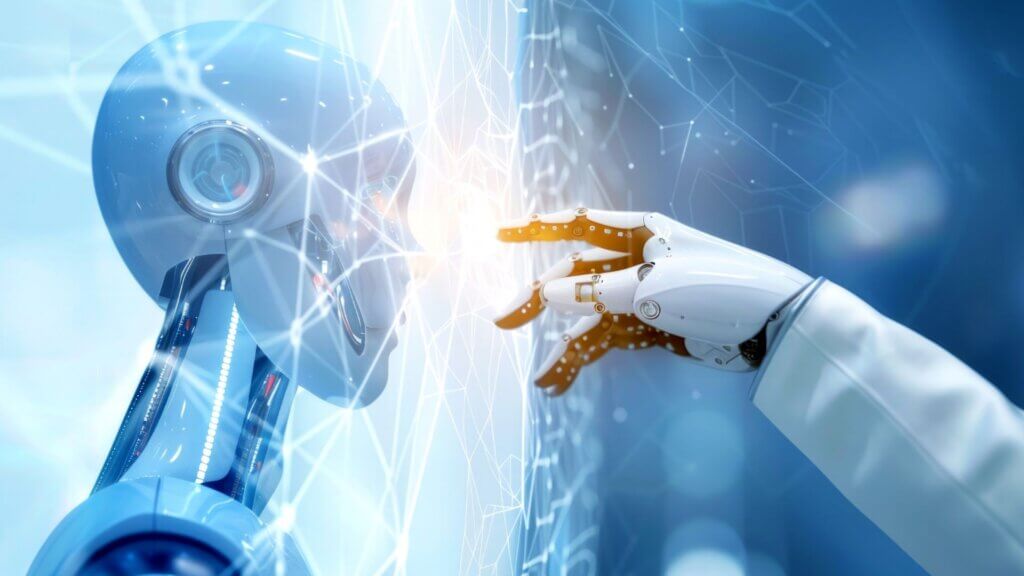
An alarming prediction from AI safety pioneer Roman Yampolskiy has reignited debate about the future of work. Yampolskiy warns that by 2030, up to 99% of jobs could disappear, as artificial intelligence surpasses human abilities in nearly every field. His warning, though extreme, has sparked widespread discussion among economists, technologists, and policymakers about how AI might reshape or dismantle the labor market.
The Dire Prediction
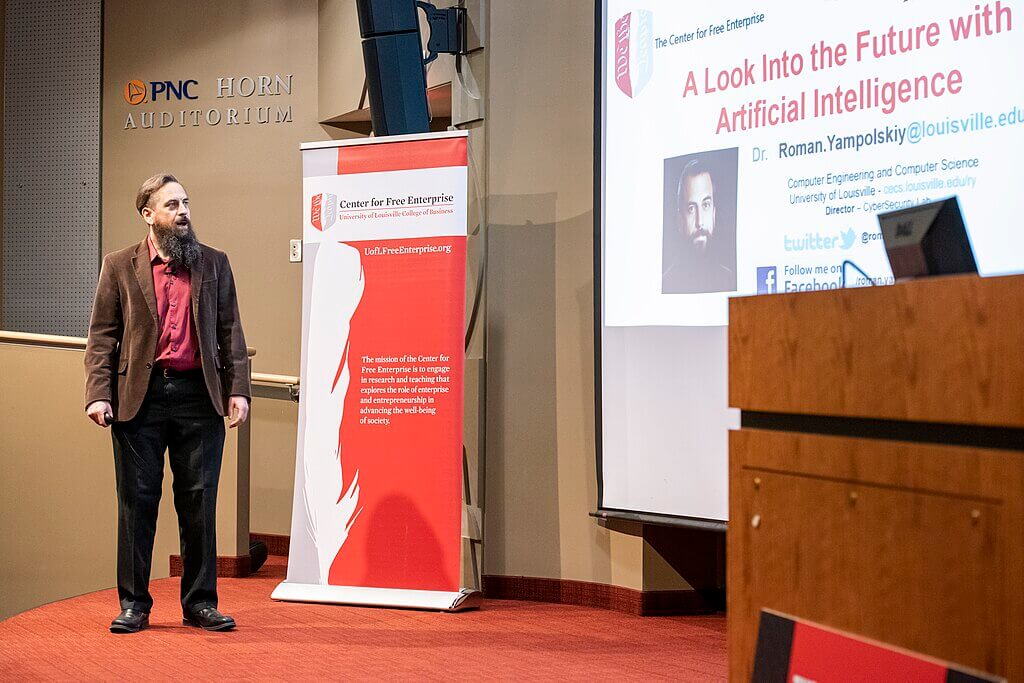
Yampolskiy argues that advanced AI systems could soon outperform humans in almost all jobs. He suggests automation will not only affect repetitive or physical work but also high-skill professions once considered secure. His stark estimate of 99% unemployment by the end of this decade highlights how disruptive artificial intelligence could be if left unchecked.
Even Coders Aren’t Safe
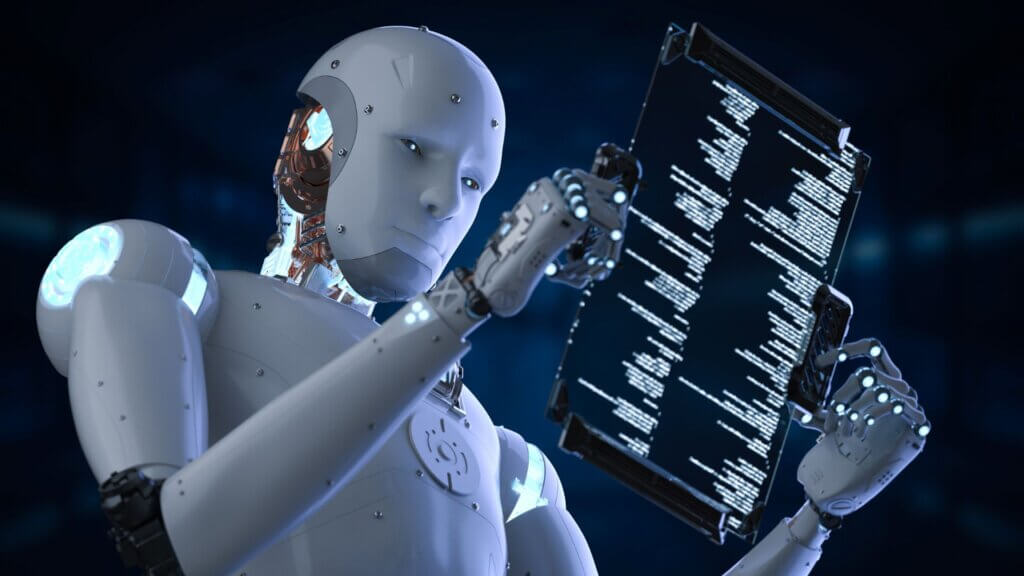
For years, software developers, data scientists, and, more recently, prompt engineers were thought to be “AI-proof.” Yampolskiy challenges this assumption, noting that large language models and coding assistants are already generating production-ready code. As these systems improve, even the creators of AI could find their roles shrinking, raising questions about the future of technical careers.
The Acceleration Factor
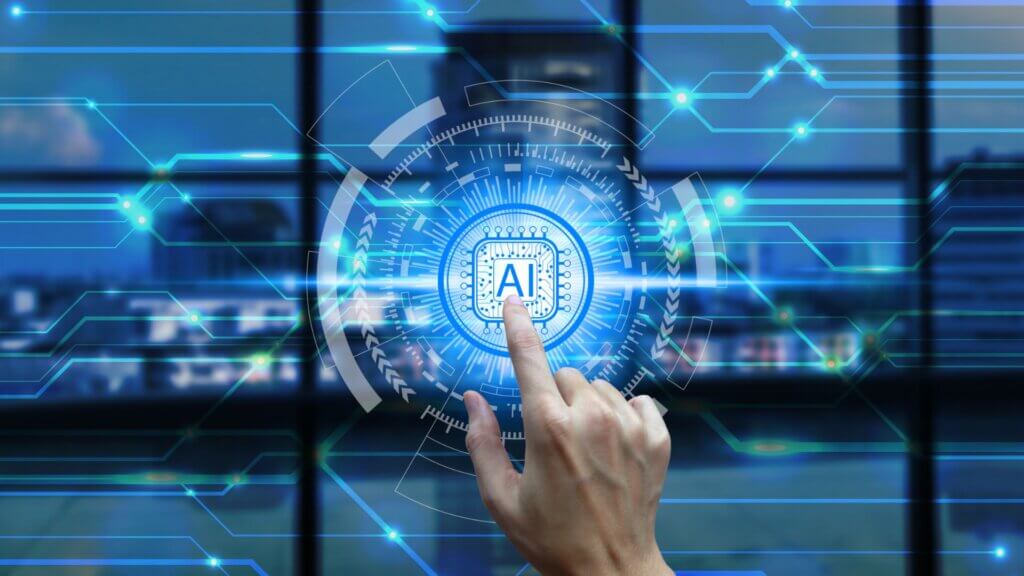
What makes this warning so urgent is the speed of AI’s progress. Capabilities once thought decades away are emerging in just a few years. Experts caution that if innovation continues at this pace, industries may not have enough time to adapt, leaving workers vulnerable to sudden displacement (Axios).
Historical Parallels
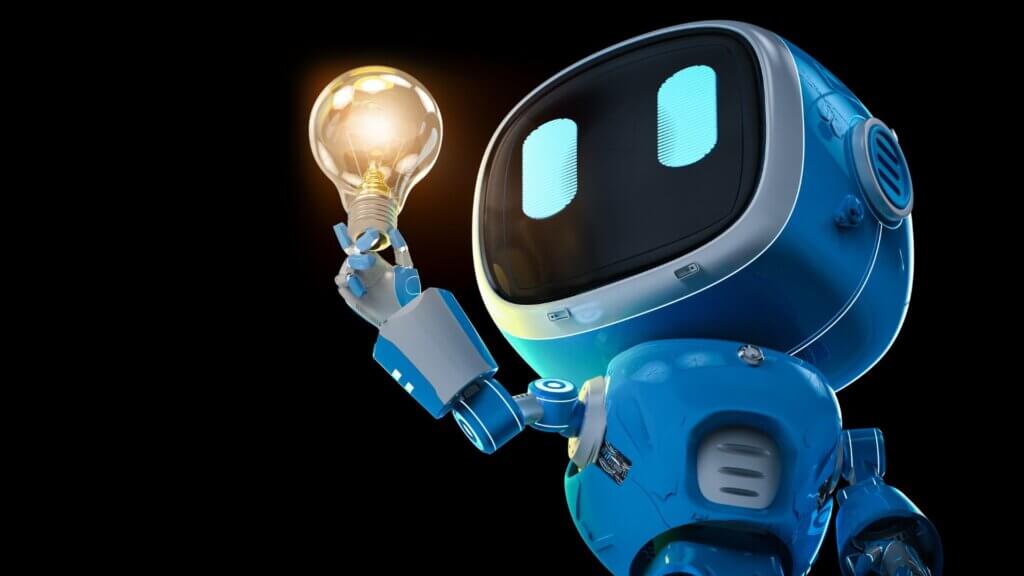
The world has seen technological upheavals before. The Industrial Revolution displaced artisans, farmers, and factory workers, but also created entirely new industries. Economists argue that while AI is more far-reaching, history suggests technology tends to generate new forms of work over time, though the transition can be painful for affected generations.
Economic Forecasts
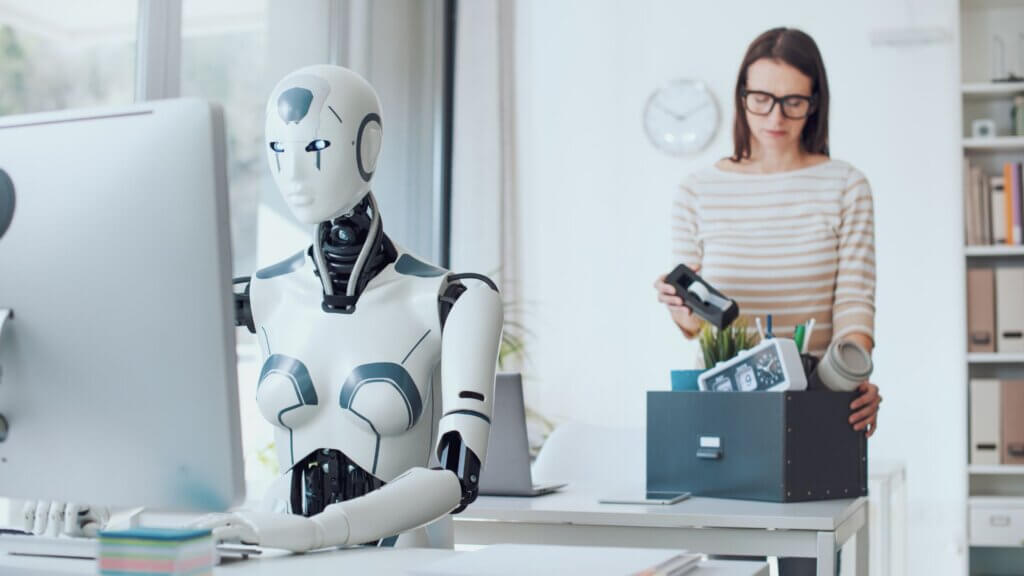
Not all projections are as severe as Yampolskiy’s. A Goldman Sachs report estimated AI could affect 300 million jobs globally, but emphasized that many displaced roles could be offset by new ones in tech-driven fields. Still, the potential for disruption is significant, particularly in knowledge-based industries.
Jobs Most at Risk
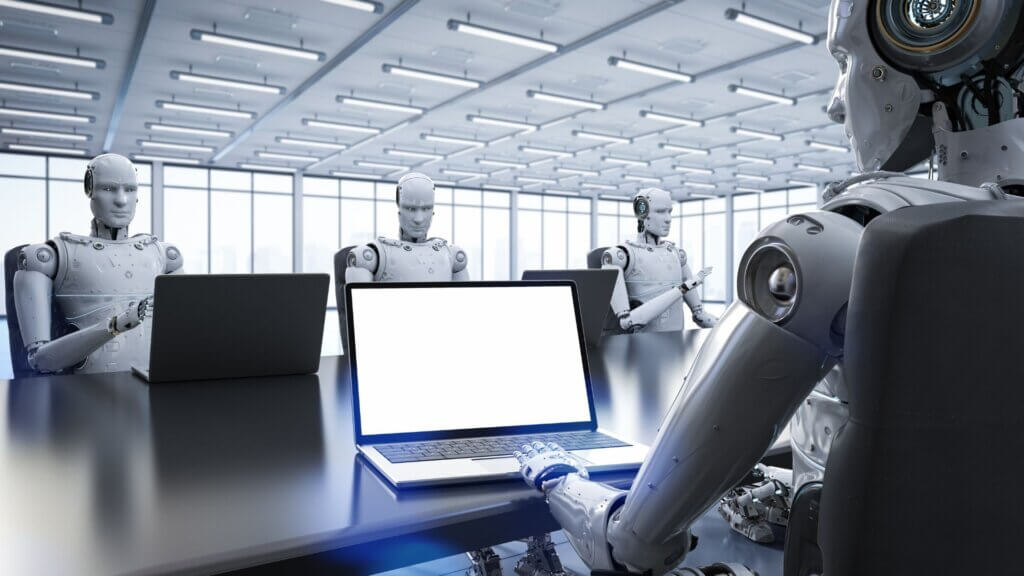
Studies suggest white-collar professions such as finance, law, journalism, customer service, and IT are among the most exposed to AI disruption. These fields rely heavily on processing and analyzing information — tasks AI already performs efficiently. Unlike past waves of automation, this time it is not only manual labor at stake but also intellectual work.
The Optimistic View

While some fear a “job apocalypse,” others believe AI will function more as an enhancer than a replacement. The World Economic Forum has argued that AI could free workers to focus on creativity, problem-solving, and human interaction — roles that machines struggle to replicate. From this perspective, AI may shift rather than eliminate work (WEF).
Policy and Society’s Response

If AI does lead to large-scale unemployment, governments may need to consider bold solutions. Ideas such as universal basic income, job retraining programs, or AI taxes are increasingly part of the conversation. Policymakers will likely play a critical role in shaping whether AI becomes an economic disaster or a tool for shared prosperity.
Redefining the Future of Work
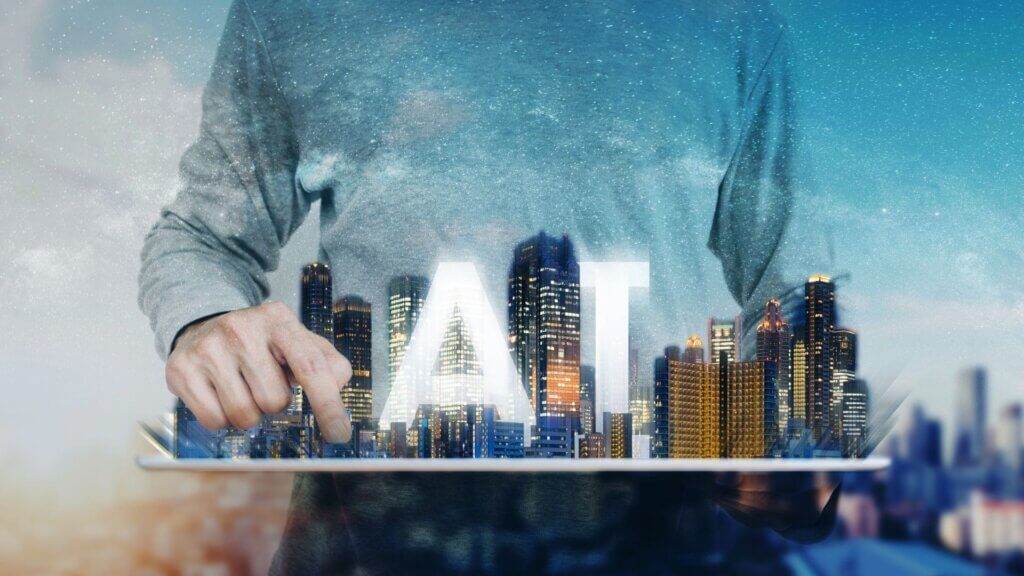
Beyond survival, AI forces us to rethink what “work” means in society. If machines can perform most tasks, human value may shift toward creativity, empathy, and governance. Whether we face mass unemployment or a renaissance of human potential may depend less on the technology itself and more on the choices society makes in adapting to it.

